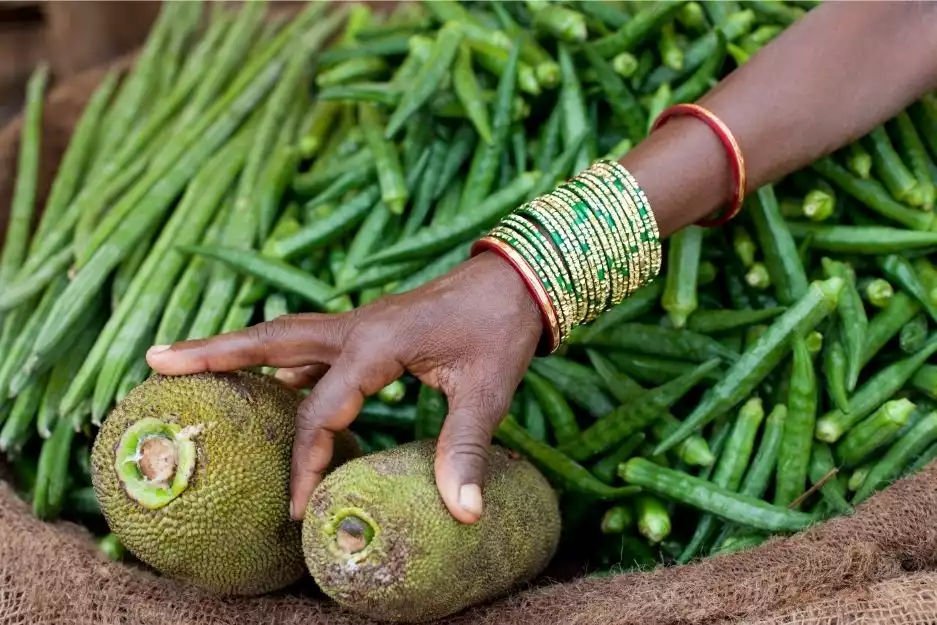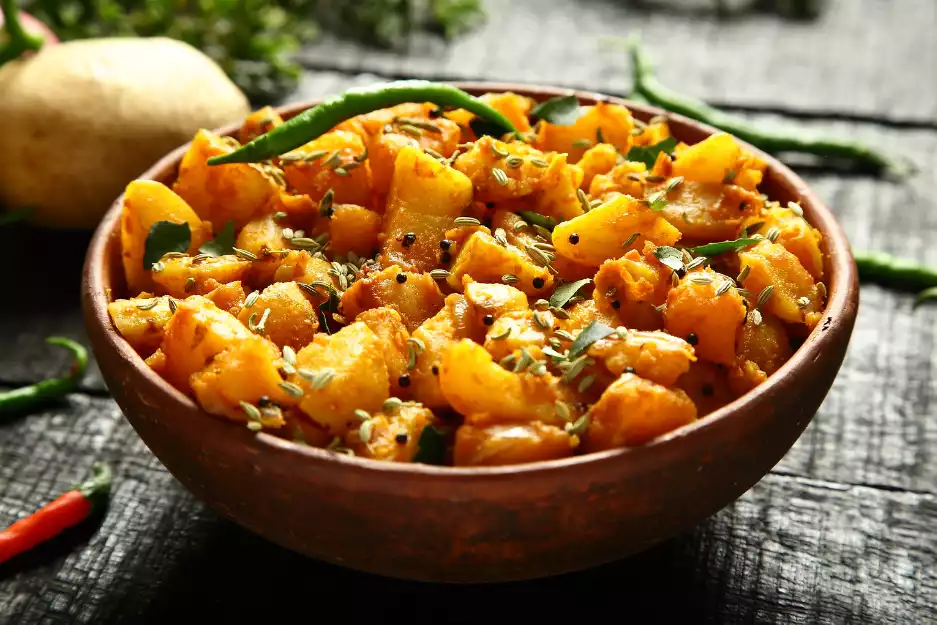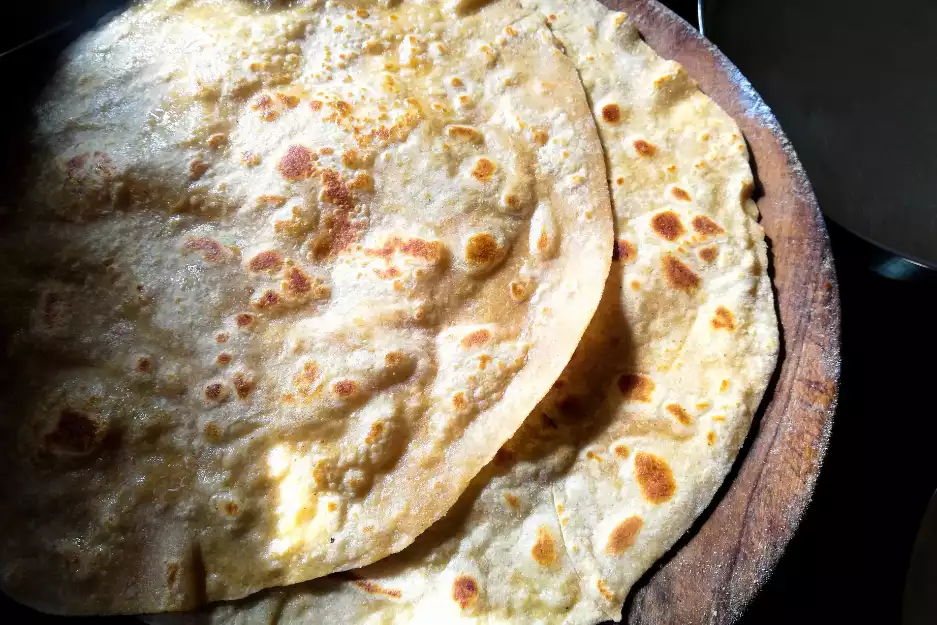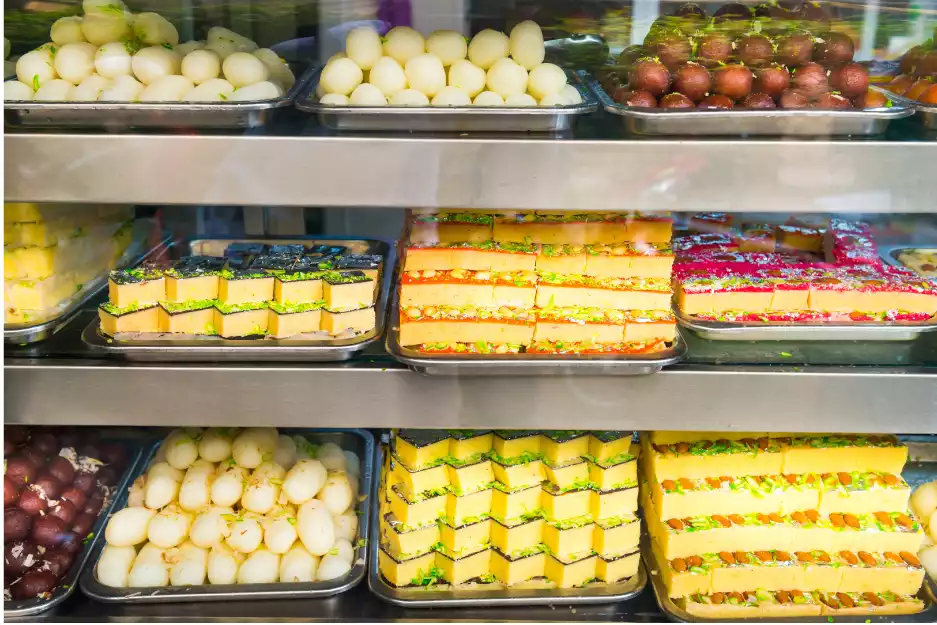-
AllAnytime Fitness Gym Art Blog Bus Fares Bus Service Business Business Expo C2C Care Care Home Charity Children Christmas Cinema City Status Cliffs Pavilion Cliffs Pavilion Review College Community Competition Construction Coronation Coronavirus Design Easter Education Electoral changes Leigh on sea Employment Emsella Chair Environment Essex & Suffolk Water News Essex Police Essex Wildlife Trust News Events Family Fun Fashion Festival Film Finance Fitness Food Food & Drink Foulness Bike Ride Fresh Face Pillow Company Gardening General Election Hair & Beauty Halloween Harp Havens Havens Hospice Havens Hospices Havens Hospices Health & Fitness Health & Beauty Health & Fitness Healthwatch Southend Historicaleigh History Holidays Housing Indian Indirock Jubilee Karen Harvey Conran Kids Kids Competitions Lazydays Festival Legal Leigh Art Trail Leigh Folk Festival Leigh Library Leigh Road Leigh Town Council Leigh Town Council Press Release Leigh on Sea Leigh on sea Folk Festival Leigh on sea Marathon Leigh on sea Town Council Leigh on sea man breaks marathon record Leigh on sea news Lifestyle Livewell Southend Press Release LoS Shop London Southend Airport Los Shop Marathon Mortgage Angel blog Mortgages Mughal Dynasty Music My Mortgage Angel MyLoS NHS News News Offers Palace Theatre Parenting Parking Pets Picture Of The Week Pier Politics Press Release Press Release Southend City Council Professional Property Property Of The Week RSPCA Ray Morgan Re:loved Recipes Recycling Restaurant Restaurant Review Restaurants Review Roads Rotary Club Royal Hotel Royal Visit SAVS Schools Seafront Shopping Shows & Music Review Shows & Music Shows & Music Review Southend Southend Airport Southend Borough Council Press Release Southend City Bid News Southend City Council Southend City Council Press Release Southend City Council Press Release Southend Community Safety Southend Hospital News Southend In Sight Southend In Sight Southend In Sight Press Release Southend on Sea Sport The One Love Project The Ship Hotel Theatre Theatre Blog Theatre Review Theatre review Transport Travel Travel Veolia Volunteer Weddings Whats On c2c
The History of Indian Vegetarianism By The Mughal Dynasty

To celebrate Vegetarian Week and our love of fresh food and vegetables we are writing about the history of vegetarianism in India.
It seems common knowledge that India is a vegetarian country so it may surprise some to learn that this is not necessarily the case. While it is true that much of the population are practicing vegetarians, recent surveys have estimated that they number around 26% of the population; some studies suggesting that this number is closer to 20% while others claim it to be nearer 40%. There is a lot of difference between each of the states as well and if you look at West Bengal (on the east coast) you would find that only a minority are vegetarian while a clear majority are in Gujarat (on the west coast).
There is also some debate over what is considered vegetarian. This is a topic that concerned Gandhi a great deal and he allowed both eggs and milk into his diet (he was divided over the later, even calling his inability to give up milk ‘the tragedy of my life’).
Historical records also show that inhabitants of the continent were not strict vegetarians, likely due to necessity; we all need to eat a balanced diet after all and, in times of famine, it is better to eat something than nothing at all. Some exceptions can be found in early Janis writings which allowed people to eat animals killed by wild beasts and even the Buddha would eat meat from animals killed by accident. Even beef was not totally prohibited and there is evidence that people would sacrifice barren cattle. Barren is a key word here as cows were not only sacred creatures but also very useful as pack animals, for ploughing and sowing and for milk. Simply put, they were much more useful alive than dead.
Come and enjoy a vegetarian meal with us at the Mughal Dynasty Fine Dining Indian Restaurant, Leigh on sea https://mughaldynasty.co.uk/
ADD A COMMENT
Note: If comment section is not showing please log in to Facebook in another browser tab and refresh.
























